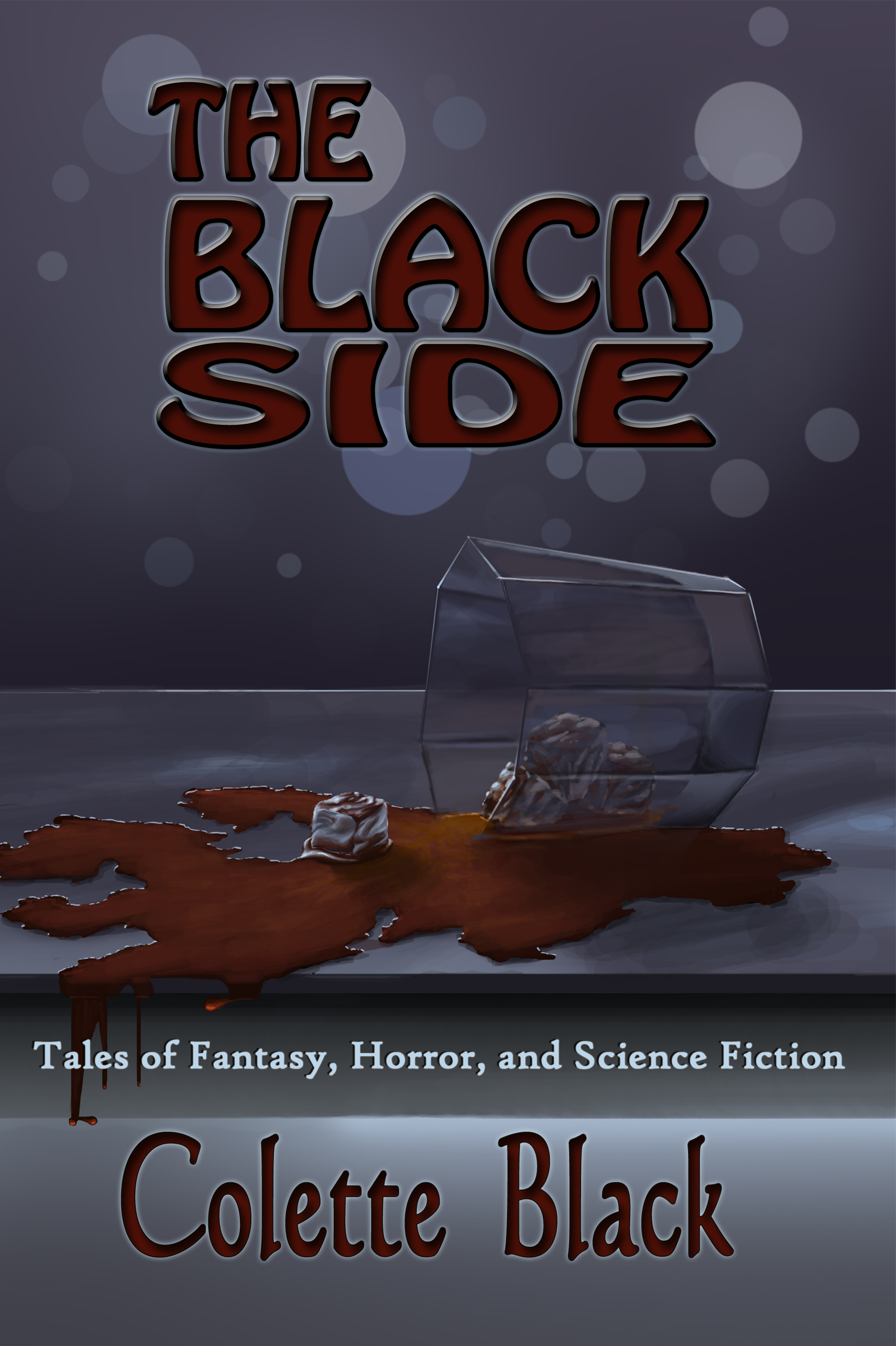When people talk about finances, business models, marketing, and spreadsheets, all I here is, “blah, blah, blah…” That’s how I’ve been most of my life. I can discuss calculus with more energy than I can muster up for anything related to business. I had to stop and recognize that becoming an author meant I was going into business. I had to make a shift in my way of thinking, especially regarding the works I would self-publish.
We’ve talked about the business side before, but I’m going to say it again, one of the best places to learn about that aspect of writing is Superstars Writing Seminars. Check it out. Beyond that, as I went through the process of putting together my short story anthology, The Black Side, I realized forming my own publishing company was probably a good idea. Jace Sanders addressed this in his post, “My friend said to get an LLC”, but I’m not going to talk about reasons to form publishing companies or types of companies. Instead, let’s talk about some of the business decisions that might need to be considered in conjunction with forming a company.
Money: Where does it come from and where does it go? Trees, right? I’m still wishing for one of those, but in the meantime, I had to decide if I needed a separate bank account for my business. Depending on the type of business you organize, it may be a necessity, but what if it’s not? After spending time talking with a bank manager, I realized I had a few options. There were multiple types of accounts to choose from and I’m glad I didn’t jump on the first one they suggested to me. I took the time to talk with them, fully understand the pros and cons for each one and the possible tax implications, and then I made an informed decision based on my current needs. In a few years, those needs might change, and that’s something to keep in mind, too.
But it didn’t end with the bank. After getting my account, checks, etc. , I still needed to get everything in place on Amazon, Paypal and any other service related to my business. I’m still in the process of deciding whether to get the Flint app for payment services or the traditional Square. Maybe that can be a future discussion.
Thanks to Heidi Berthiaume and her excellent advice on how to run a Kickstarter, at least I had money with which to publish my first novel and to make the whole process possible. I can’t wait to get her upcoming book on the subject. Money doesn’t bring happiness, but it helps make a business.
Privacy: You know the part of the copyright page where it says the publishing company and then the ADDRESS? That’s not the only place where you might want to have contact information, but you might not want it to be your home address. This is where a PO Box can come in handy. The postal service offers small boxes for very reasonable fees that won’t cost you more than a night out to dinner. Not everyone takes this option, but I think it’s worth it. When I send out the rewards for my Kickstarter, that’s the return address my supporters will see, further allowing me to separate my personal life, from my business life.
Perception: I don’t think forming a publishing company really changes anyone’s perception of the self-published writer. For those of us familiar with traditional versus self-publishing, it doesn’t take much investigation to recognize whether a writer went through an outside publishing company or formed their own. But registering my company name with the state, the bank account, PO Box, getting an EIN, and all of the other things involved, changed my self-perception, reminding me that I must treat this venture for what it is, a business. I must market, I must work, and I must be professional in order to make it profitable. I also developed a business logo that has personal meaning. Each time I put that on the cover of a book, I’m reminded again, that I’m not only an author, I’m a businesswoman.
So, as you contemplate whether or not to take self-publishing to the level of forming your own publishing company, I hope this gives you some information to consider in your pros and cons.
*As has been stated in previous posts, by other blog contributors, this is not legal advice.

